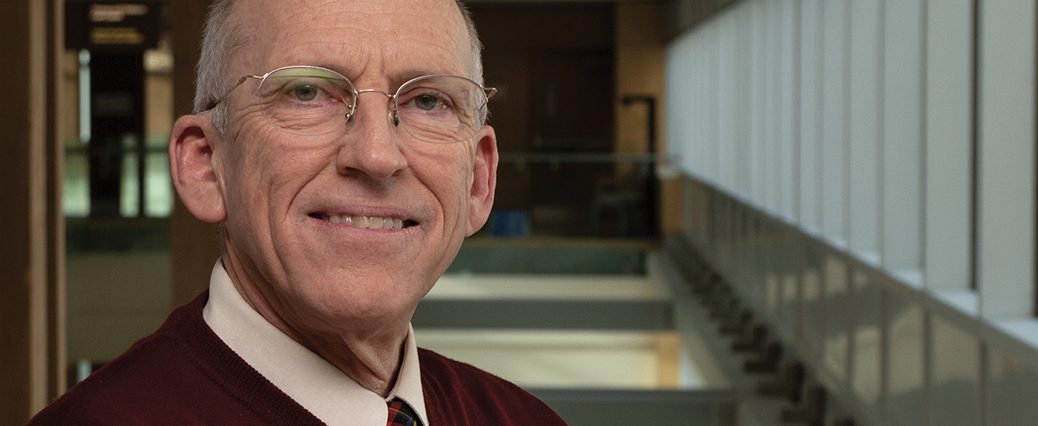Joseph LeBlanc is the new Director of the Indigenous Affairs Unit at the Northern Ontario School of Medicine.
Tell me a bit about your background. What were you working on before you came to NOSM?
I’m a life-long Northern Ontarian and member of Wiikwemkoong Unceded Territory. I’ve worked for Tribal Councils and Political Territorial Organizations (PTOs), as well as academic institutions and First Nations charities. My PhD work was with communities in the Nishnawbe Aski Nation (NAN) territories looking at the impacts of industrial forest management on their food systems, and before coming to the Northern Ontario School of Medicine, I was the Executive Director of the Social Planning Council of Sudbury. So I’ve been doing community development work for a very long time.
What interested you about this role?
What I was most interested in was the opportunity to help achieve positive community change. When I first found out about the position, it seemed to be an opportunity to be able to advance the health and well-being of our communities, and that was something that really appealed to me. It’s an opportunity to be able to work in the realm of academia and help train the next generation of doctors so that they have a real awareness and understanding of the lived reality of Indigenous people in Northern Ontario, and can in turn provide culturally competent care to those people.
How has the experience been so far?
The experience has been positive overall. I know that we have a lot of work to do, but I’m really thrilled that the School commissioned the Expert Panel on Indigenous Relations, and that we have their report that was released at the end of September. It’s been really important to have that so that we know where we stand now, as well as have a clear vision for the direction we want to be going.
What do you hope to achieve in this role?
The School is guided by our mandate to improve the health of the peoples and communities of Northern Ontario. That is inherent in our relationship with the Indigenous communities we serve, and I hope through my work as Director of Indigenous Affairs that I’m able to bring us closer to meeting that mandate. In the Expert Panel Report, I see a path forward, so my main goal is to make progress on those recommendations, and build on the work that has already been done in the interest of that social accountability mandate.
Is there anything you want to the people of Northern Ontario to know about you or the Indigenous Affairs Unit?
I would want people to know that we’re open to engaging with them in a manner that is relevant to their need and interests. If readers or community members have ideas, whether they are research ideas or issues or projects in their communities that they think NOSM would be able to help with, I’d like them to feel comfortable relaying that to us.





